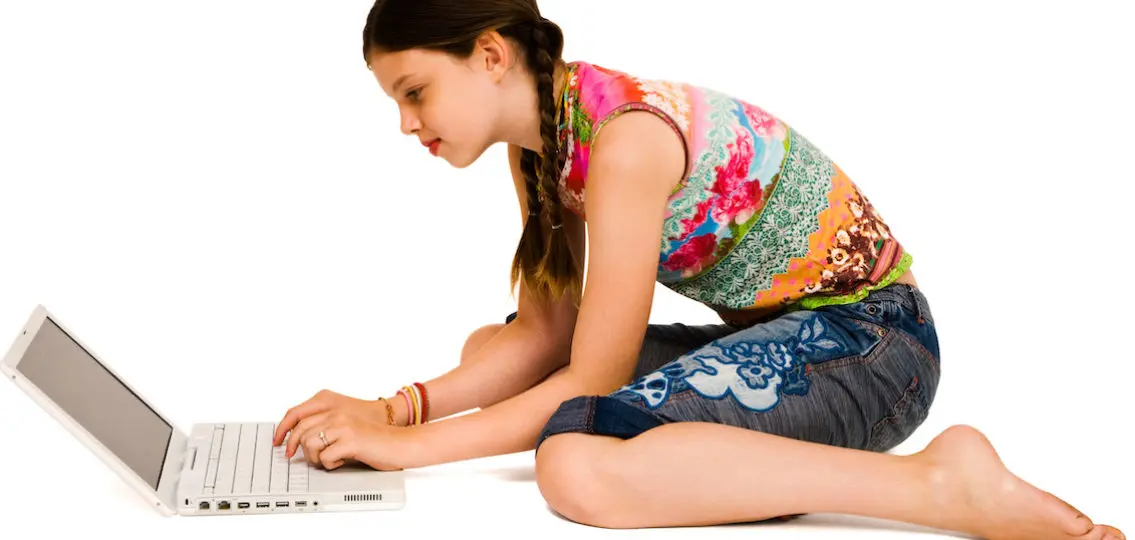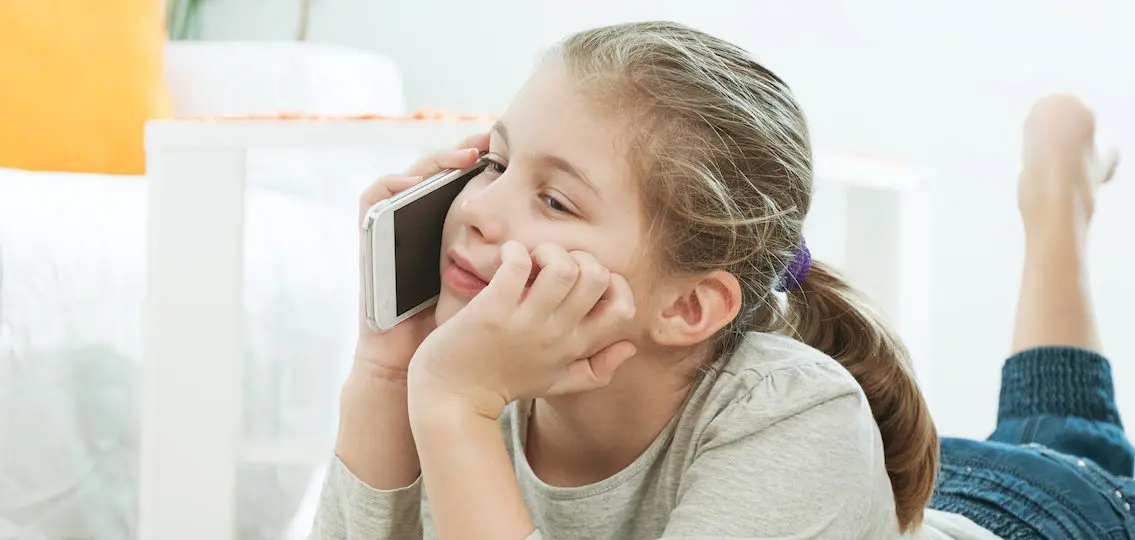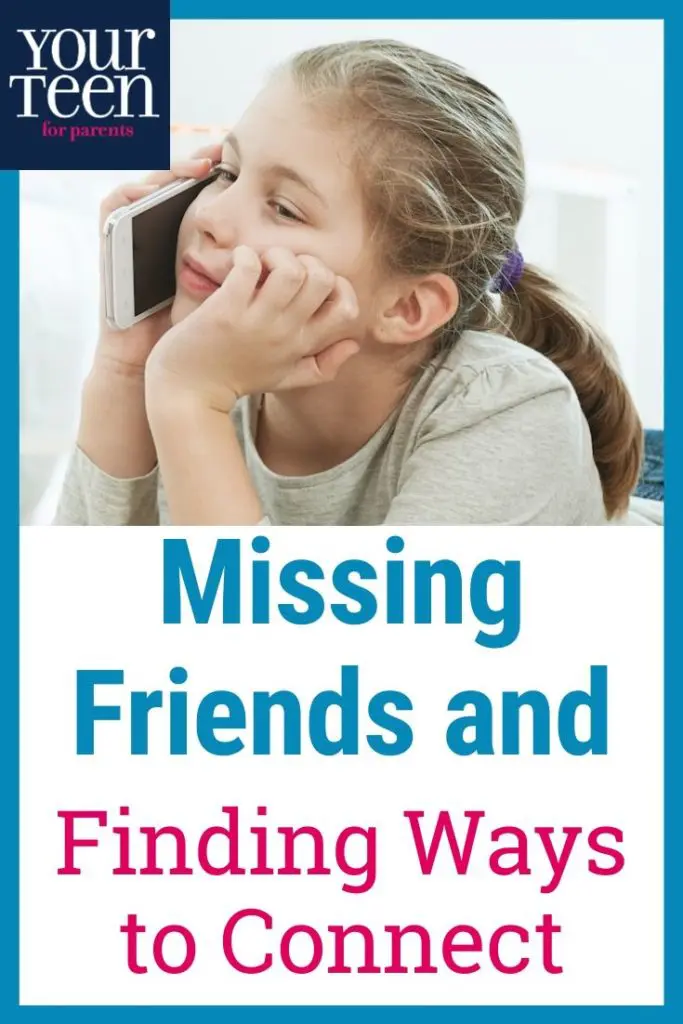Katie Hurley LCSW, is the author of No More Mean Girls and The Depression Handbook. She spoke with Your Teen about how parents can support their teen girls who are feeling bored, isolated, and frustrated during this very hard time.
| [adrotate banner=”169″] |
Q: How are the more social kids adjusting?
Hurley: There are a lot of chats going on. There are a lot of social media hookups happening where kids are taking screen shots of their house parties and their group face times and all of those kinds of things. And then they’re sharing them everywhere. And the sharing is sort of increasing because there is a lot of downtime. So they’re using their phones a little bit more if that’s possible for teenagers.
The big groups are very social. They are extroverts, most likely. And they’re out there and they’re doing fun things. They’re having (virtual) dance parties with their friends and they’re sharing all that information. But even the so-called popular kids feel bad if they’re not in on that Zoom conference, the one that gets the screenshot that’s all over snap. So it’s not like they don’t get hurt by this stuff because they absolutely do.
I do think kids who would rather be out with friends all the time doing the things are forced to be home with their families are feeling really angry and irritated and frustrated.
But now the challenge becomes, how do you connect on a different level with what friends you have?
Q: How are kids who have one or two good friends doing?
Hurley: Kids today are super tech savvy and they’re good problem solvers. So they are doing a good job of coming up with ways to handle it. I’m seeing little groups of middle schoolers who are maybe not part of the super in-crowd or whatever you want to call it. But they’re getting together on Zoom and doing homework from their own bedrooms together so that they’re at least just sometimes with others. They’re not talking the whole time, but they feel like they’re with each other, like they’re not doing everything alone. So that’s something that’s working for those kids. But they’re also missing out on time spent together
Typically, kids who roll in smaller groups are kind of okay with alone time. They don’t get bored. They may not be totally introverted, but somewhere in that gray area in the middle where they like a little bit of contact with a small group of friends. But they also find enjoyment being alone or they figure out how to cure their own boredom. These are the kids who are making messes in the kitchen and cooking all kinds of things and destroying their house with other projects. But they’re finding ways to keep themselves busy. And then they are FaceTiming or just video chatting on Instagram to stay connected.
Nothing replaces hanging out with your friends. And we know this.
Q: Has online bullying been heightened during this time?
Hurley: I haven’t seen any specific statistics yet other than we do know that racism is on the rise, because of words that are being used to describe the virus. We do need to talk to kids about that. We need to talk to middle schoolers very directly about the words that they use. Middle schoolers love Reddit. They cruise through, read it for memes and things and misinformation. And there’s a lot of misinformation there. So I’m cautioning parents to really talk. Since we’re all at home, here’s your opportunity to talk to your kids about what they’re consuming online and what that means, because we have the power to make a difference specifically with racial bullying and racism, because kids may digest things and they don’t always put two and two together about who it’s going to hurt.
Q: What advice would you give to parents of middle school girls right now to help them get through this really unusual time and get through it as a family?
Hurley: I have a middle school daughter, a seventh grader. And what I say to her every day is “This is really hard. You are handling this with grace. I’m here for you. You’re allowed to be angry, anxious, read, upset. You’re allowed to miss your friends. And you’re allowed to get cranky about that. All of those feelings are normal and OK. And it’s really, really hard to be trapped and not get to see your girlfriends. I know you feel lonely sometimes. Please talk to me.”
Right now parents are all trying to work from home while our kids are going to Zoom University. It’s very, very hard for all of us. Fuses are very short. Parents feel like they’re going to blow at any moment. So we all have to acknowledge that. And I have learned to say to my own kids at times, “You know what? I’m hitting my limit for whatever reason. I’m stressed right now and I have to go outside or I have to go for a run or I’ve got to just sit outside in the backyard for a minute and take a breath. Come with me. Don’t come with me. But I can’t talk right now. I have to decompress right now.”
I think parents need to be able to do that and to teach their girls that they can do the same. They should be allowed to say, “I need to go take a break in my room right now. It doesn’t mean they have to have all the devices in the room and go through the YouTube tunnel, because that’s what’s going to happen.”
We need to keep boundaries. We need to keep bedtimes. We need to keep healthy eating. And they’re not going to like that. And there is going to be some eye rolling and some yelling. But, you know, these things happen. That’s parenting. But we can be really supportive and we can say to them, “I get this. This is awful. One day we’re going to look back at this and remember how hard we worked together to get through this thing.”






